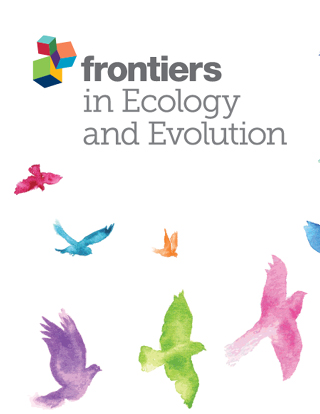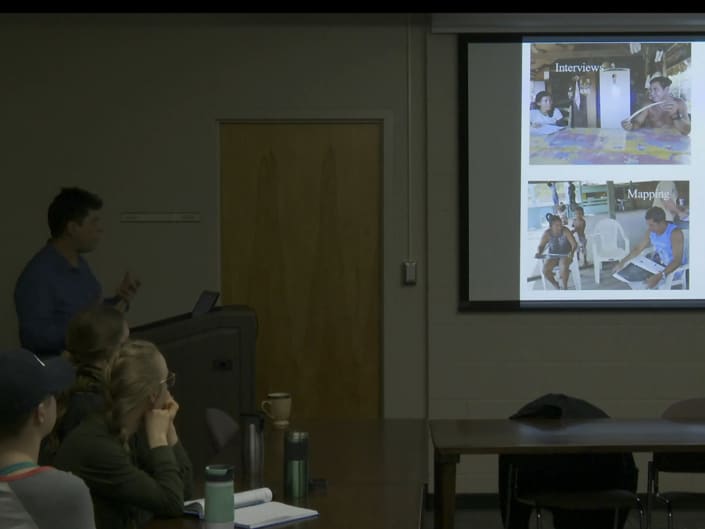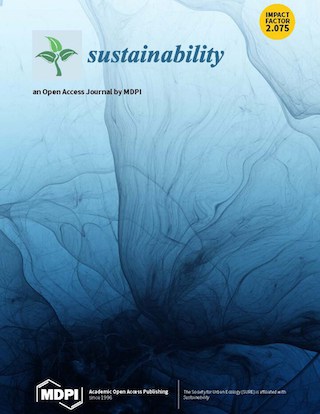The Mekong Basin
The Mekong River is approximately 4,350 km long and is the 12th longest river in the world and the 7th longest river in Asia. The Mekong River Basin drains 795,000 km2. Originating in the Tibetan Plateau, the Mekong River crosses southern China before passing Myanmar, Laos, Thailand, Cambodia, and Vietnam, where the Mekong flows into the South China Sea.
The Mekong River Basin is home to a large variety of ethnic groups. Millions of people are heavily dependent on Mekong Basin fisheries for food and income. No wonder the Mekong River Basin supports the most important fresh-water fisheries in the world, with estimated annual fish production in the basin of between 2.3 and 3 million tonnes annually. The freshwater environments of the Mekong River Basin support well over 500 species of fish, making the Mekong one of the most biodiverse rivers in the world.
Quick Facts
- Drainage Area: 795,000 km2. The Mekong Basin is home to the Mekong River, a large transboundary river with an approximate length of 4350 km.
- Population: 60+ million people live in the Mekong Basin.
- Jurisdiction: Borders six countries: China, Myanmar (Burma), Laos, Thailand, Cambodia, and Vietnam. The mouth is at the South China Sea. The four downstream counties have formed the Mekong River Commission.
- Ecology:
- The Mekong basin has 20,000 species of plants, 1200 species of birds, 800 species of reptiles and amphibians, and 430 mammal species. There are an estimated 850 fish species found in the Mekong system (possibly more).
- Seasons are separated into the wet and dry seasons. The wet season is characterized by intense rain and monsoons.
- Development:
- The most significant threat to basin ecology is the number of large and small-scale dams that have been and continue to be built on the Mekong.
- Deforestation has also contributed to a loss of biodiversity across the region.
Tracking Change In The Mekong
The Tracking Changes Project funded by SSHRC is working primarily with ethnic Lao people living in northeastern Thailand (particularly Ubon Ratchathani Province), southern Laos (particularly Champasak Province), and northeastern Cambodia (particularly Stung Treng Province) to investigate wild fish, fish migrations, and associated capture fisheries.
The work in the Mekong River Basin is being primarily coordinated by Dr. Ian Baird from the Department of Geography, University of Wisconsin-Madison, Madison, Wisconsin, USA (ibaird@wisc.edu) and Dr. Kanokwan Manorom from the Faculty of Liberal Arts, Ubon Ratchathani University, Ubon Ratchathani, Thailand. A number of graduate students are expected to work on the project.
The research in the Mekong River Basin is initially focusing on collaborative research involving local people and local researchers in order to investigate how intimate knowledge about fish and fish migrations is disseminated through social networks that extend over space, including crossing national borders. We are also studying the dissemination of fish-related knowledge between people, and across generations.


